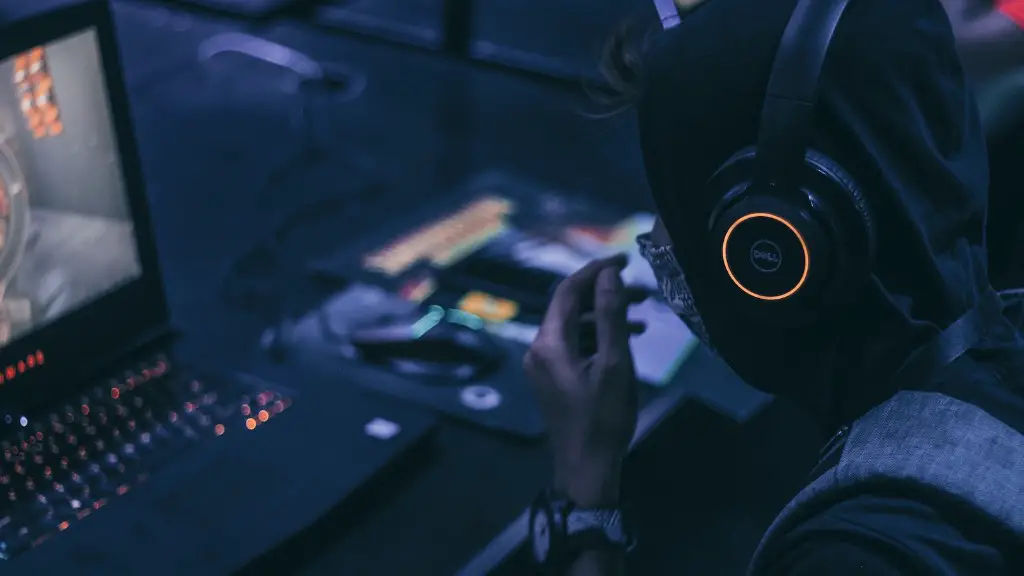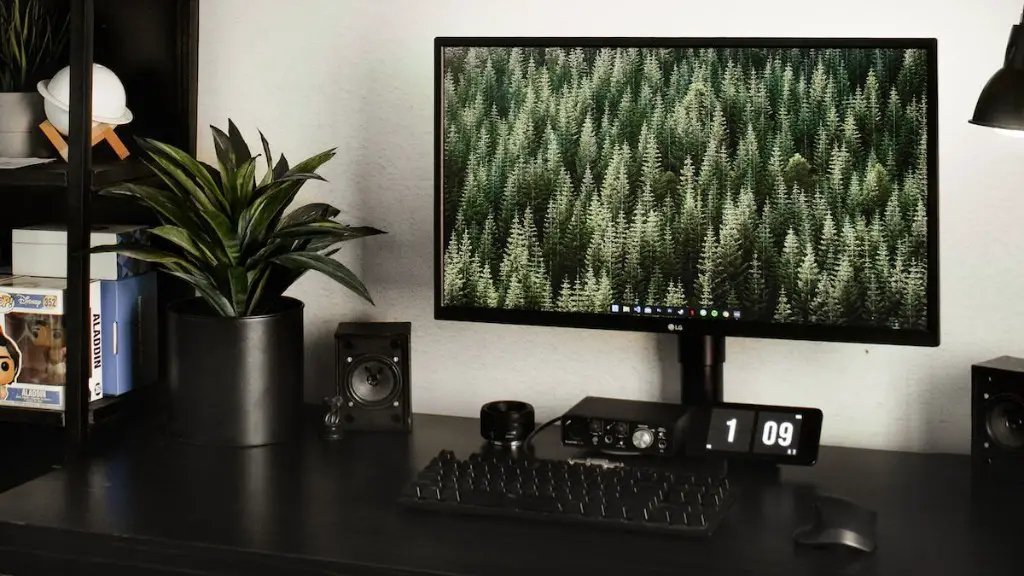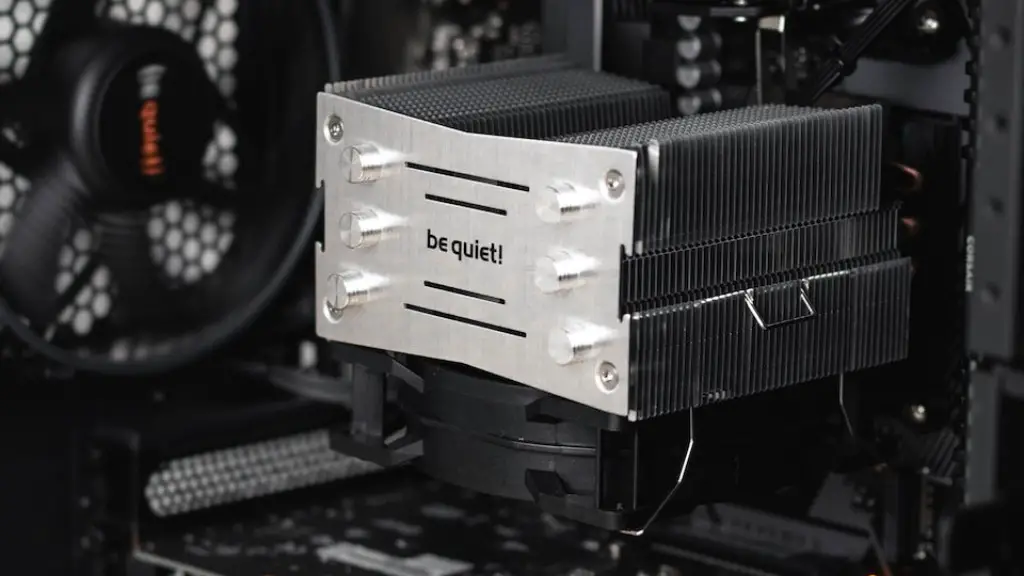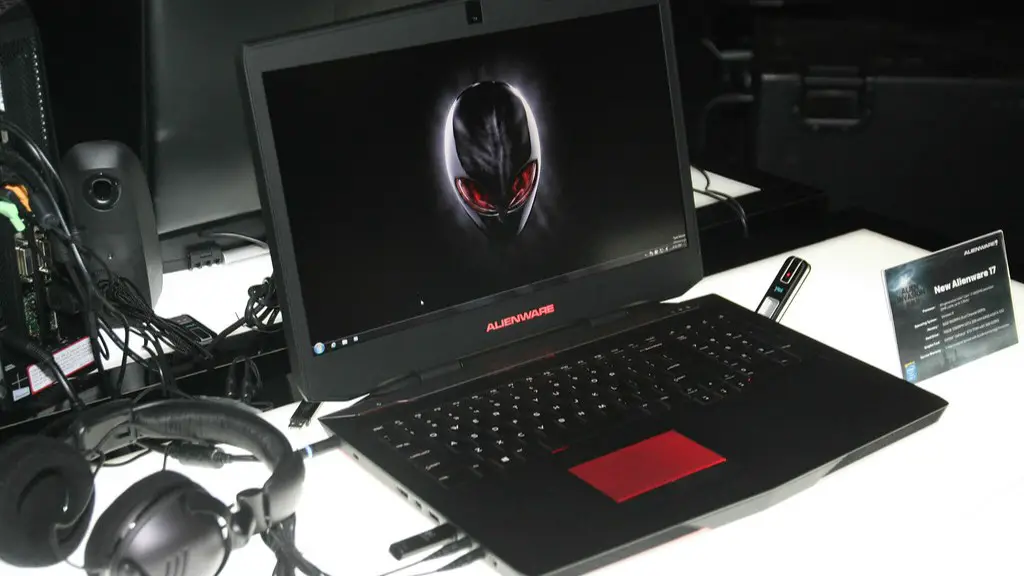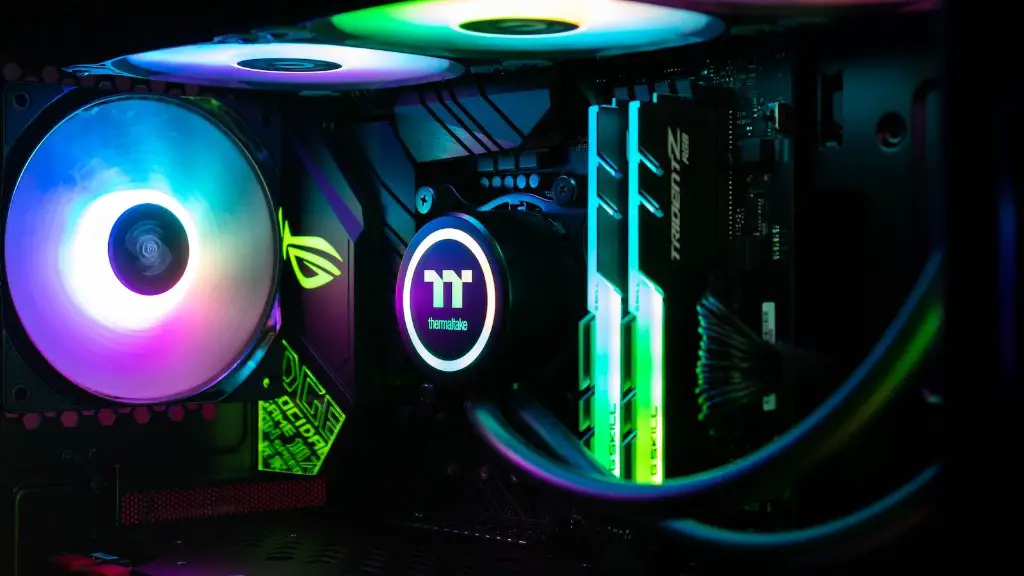Building a gaming PC is an exciting venture. It can be both stimulating and challenging, and can often be quite costly if not done properly. Fortunately, there are many great resources and tutorials online that can help gamers navigate the process of choosing components and putting them together. Before delving in and actually building the computer, here are a few essential things to consider – this will help ensure one get the best performance for their money.
Know thine parts. Before building, it is important to actually know the parts and components that will go in the computer. If one is not a tech geek or enthusiast, all the words that are related to components might be confusing. Research all the components that will be necessary for the build, from the processor to the hard drives and power supply. Once one has established what needs to go in, take an inventory of the parts and accessories that one currently has, as well as any that need to be bought.
Prioritize the components. All components do not have the same importance when building a gaming PC. Some components, such as the processor and graphics card, are more important than, say, a USB port. Knowing this is crucial, as it allows the builder to determine their spending budget and carve it appropriately. First and foremost, it is important to get a powerful CPU, GPU, and the right amount of RAM.
Choose the right platform. A platform is the way all the components fit together. Therefore, it is essential to decide what kind of platform to utilize for the build. The most common platforms are Intel and AMD, but determining which is best for the intended uses of the computer is important. Researching which is best for particular gaming needs is key in building a gaming PC.
Cooling considerations. When building a gaming PC, it is important to account for cooling. Builders should ensure there is ample airflow by paying attention to the cooling system and airflow design. As well, it is important to remember that the cooling system requires maintenance to work properly. Keeping the dust from accumulating in the system is a must.
Slap on some accessories. Accessorizing a gaming PC can be just as fun as building it. While this part of the process is optional, it is important to remember that many gaming peripherals, such as LED keyboards and mice, can often make gaming sessions more enjoyable. As well, those who are planning to use their gaming PC for streaming or video recording may want to invest in a quality microphone and web camera.
It’s all in the power supply. It is important to choose the right power supply unit (PSU) when building a gaming PC. Whether one goes with a modular or a non-modular design, having reliable power is important. After all, every component of the computer relies on the power supply to keep it running. Choose one that is reliable and durable, and make sure it has the right amount of wattage for the components being used.
The Components Of A Gaming Pc
When building a gaming PC, the components that are being added to the build are key. Components such as the CPU, GPU, RAM, Motherboard, and Hard Drives are the foundation to having a good gaming experience. Taking the time to research the best options for individual rigs is important, to ensure the best performance possible. Prices can vary from component to component, although some may be cheaper than others, their performance may not be up to the mark for the desired gaming experience.
It is important to choose the right components for individual rigs. If one cannot decide for themselves, there are various pre-made packages by various hardware manufacturers that typically offer good quality parts at reasonable prices. Furthermore, gamers should always remember to check the compatibility of all components when building a gaming PC.
For serious gamers, it is not just enough to have the best components. It is also important to overclock if one chooses. Overclocking is when components are made to run at a faster rate than what is typical. It can result in improved performance and speed. It is important to note that this is not a task for the novice builder and should be left to the experts.
If gamers are on a limited budget, they should always keep an eye out for deals and discounts. Components may be cheaper due to faulty parts or discontinued models. Hence, finding the right combination and checking warranty policies is very important and will give gamers much better bang for their buck.
The quality of the components used can also directly affect the gaming PC performance. Older generations of parts may be cheaper, however, it could become an issue when using them to create a build. Researching each component’s features and performance is important, as one may be sacrificing power, speed, and longevity by using outdated parts.
The Importance Of Motherboards
A motherboard is a very important component of a gaming PC. This is the platform on which all other components are mounted onto. It is important to remember to select the right motherboard when buying components for a gaming system. This is because it has to be powerful enough to support all the other components while also running the operating system. Furthermore, it should be compatible with the other components being put into the rig.
Today, the choices of motherboards are vast, and some tend to support multiple functions, making them essential for gaming. Gamers should research what storage and connectivity components the motherboard provides, as the motherboard should support the other components of the PC. Factors such as number of memory slots, internal and external ports, and USB slots should be taken into consideration, depending on the setup one is aiming for.
A primary factor that one should keep in mind when buying a motherboard is RAM Type. RAM is the volatile memory where all data is stored as one works on a gaming PC. Different kinds of RAM comes with different kinds of motherboards. Choosing the right RAM type is important and can drastically affect one’s system performance.
There are overclockable motherboards as well, and they can be used to make gaming PCs stronger and more powerful. Make sure the chosen motherboard has adequate power management and cooling features to ensure that during overclocking, the PC remains stable and consistent. Overclocking has its risks, however, and it is wise to do some due diligence before pulling the trigger.
Choosing The Correct Storage
Selecting the storage for a gaming PC is another important part of the building process. Storage can be the difference between a gaming PC that runs smoothly and one that struggles. Although HDDs are cheaper, SSDs are faster and consume less power, making them a better choice for gaming machines. It is advisable to have a combination of both, to get the best of both worlds.
In addition to this, determine the most suitable form-factor. Gaming PCs come in three form-factors: ATX, Micro ATX and mini-ITX. Depending on the number of components the builder is fitting into the chassis, one of these should be chosen. ATX is the most popular, while mini-ITX is the smallest, and thus the most space-saving.
Pay attention to the types of drive ports the motherboard has. Gamers should have three ports: two for USBs and one for an optical drive. For extra performance, gamers should opt for multiple internal hard drives to stock large amounts of data. SSDs provide snappy performance, while HDDs provide lots of storage. Combining the two is ideal, as it can provide a balanced experience.
Further, gamers should consider installing a memory card reader, if they plan to play games with a lot of downloadable content, as they can easily copy and save data onto the card. Furthermore, portable external hard drives can be a great plus, as they can be used to store large files and take them on the go without worrying about the limited storage of their gaming PC.
Components For Optimizing Performance
In order to make a gaming PC run faster and perform better, gamers should look into components that can optimize their system. Even on the most powerful gaming PC, an inadequate power supply can cause the system to overheat, resulting in poor performance and underachieving hardware.
Installing a liquid cooling system is an effective way to keep the CPU running cool and reduce its temperature. This will also make the gaming PC quieter, so gamers don’t have to deal with loud fans. Additionally, a fan controller can be used to manually adjust the speeds of fans, allowing the gaming PC to be cooled more efficiently.
Gaming PCs should also be equipped with a powerful power supply, as this is key in supplying all components with the right amount of electricity. Gamers should invest in a PSU with an 80 Plus certification, as these are much more efficient than other power supplies. Gamers should also make sure their PSU has enough wattage to provide the necessary power and prevent any damages.
Additionally, a CPU cooler can be a great addition to performance. Chillers help keep a PC cool under load and are able to transfer excess energy from the gaming PC to the environment. Depending upon the size of the chiller, it can support cooling up to several CPUs and GPUs at the same time, making it ideal for gamers who want the best circuit performance for their gaming PC.
Connectivity Solutions
When it comes to connectivity, gamers should also consider different options. For example, gamers who want fast speeds and fewer issues with lag should look into using a wireless router with a reliable connection. This allows them to play games, stream content, and surf the web all while having less interference.
Other solutions include utilizing the latest technology such as Wi-Fi 6. This allows gamers to have faster speeds with less lag and fewer connection drop-offs. It is also important to use the right type of antenna, as it can be the difference between getting a strong signal or weak ones. Placement of the router should also be considered, and gamers should make sure the spots they are in allow a good signal to reach the router.
Moreover, gamers should also remember to look into the types of cables they will be using. This should include HDMI cables to connect their PC to the TV, and for extra performance, an Ethernet cable for an even faster connection to the router. Depending on how many ports one needs, the type of ports is important too. Many modems and routers today come with two types of ports: 2.4GHz and 5GHz, thus one can choose which one works best for them.
It also important to keep in mind the USB ports when building a gaming PC. USB ports are critical for connecting controllers and other peripherals, such as mice and keyboards. Gamers should look for motherboards that offer enough ports and make sure they have the right versions when they go shopping. Also, it is important to make sure the necessary drivers are installed. Having the right number of ports and proper USB version will ensure the best gaming experience possible.
